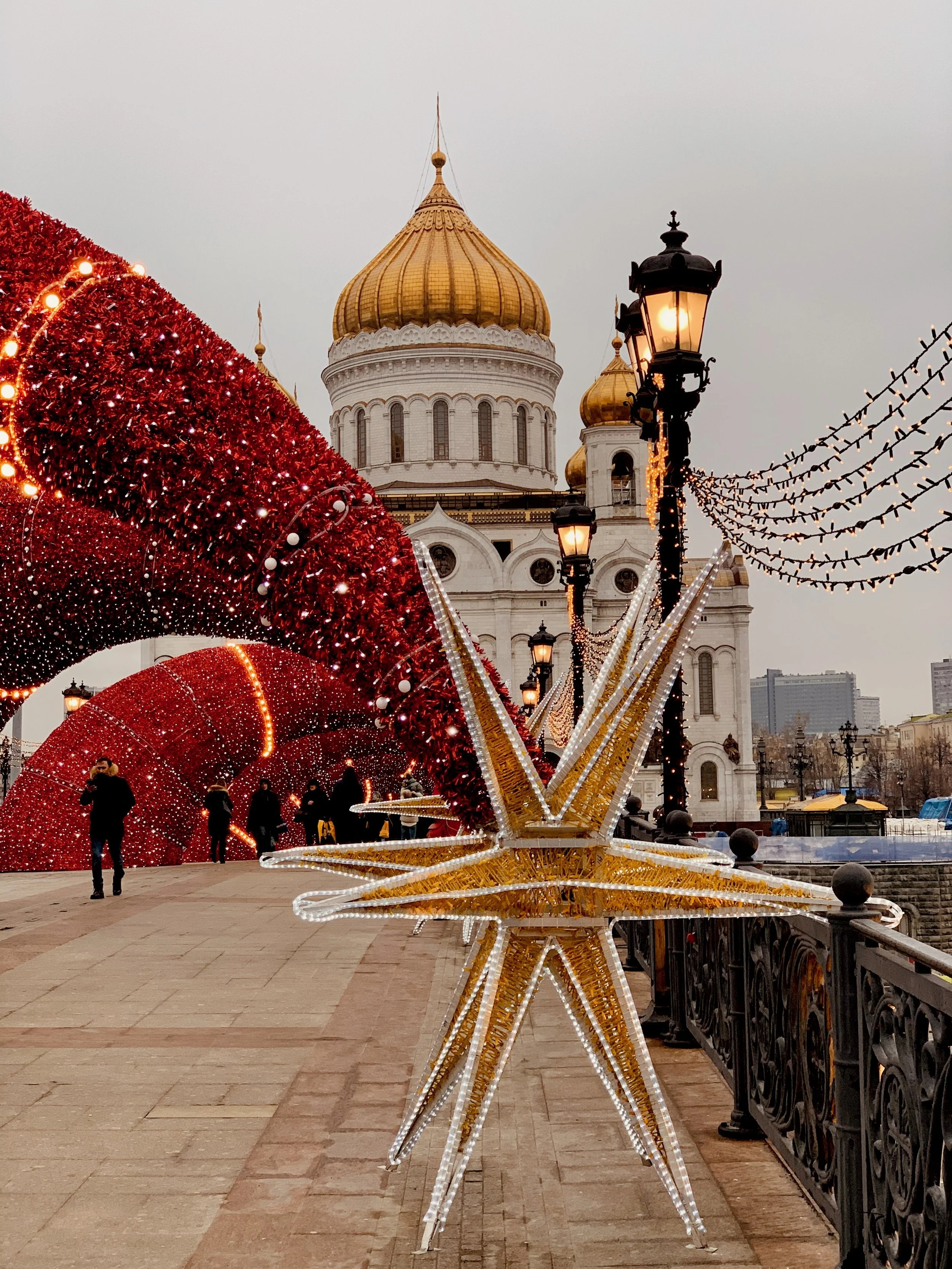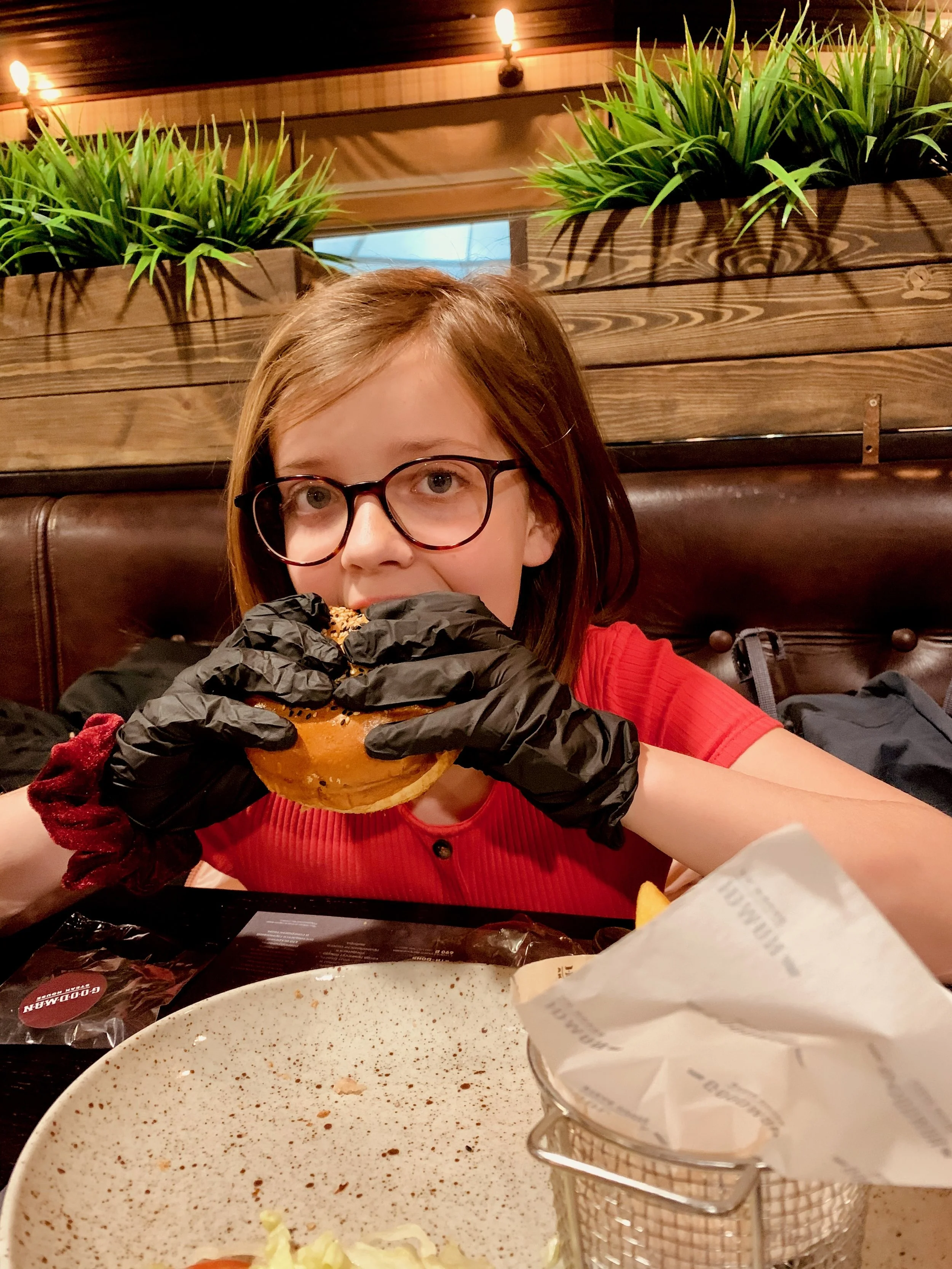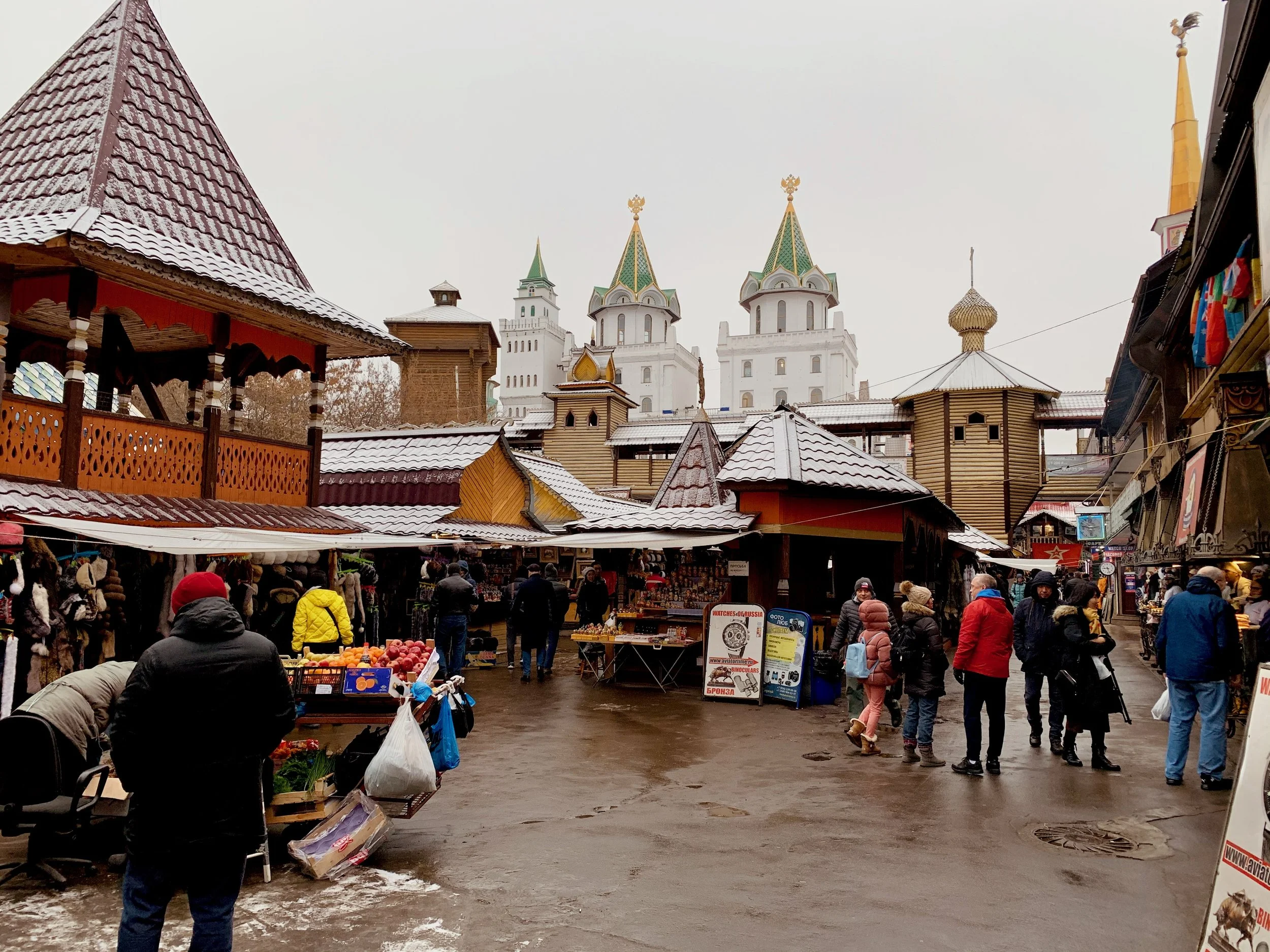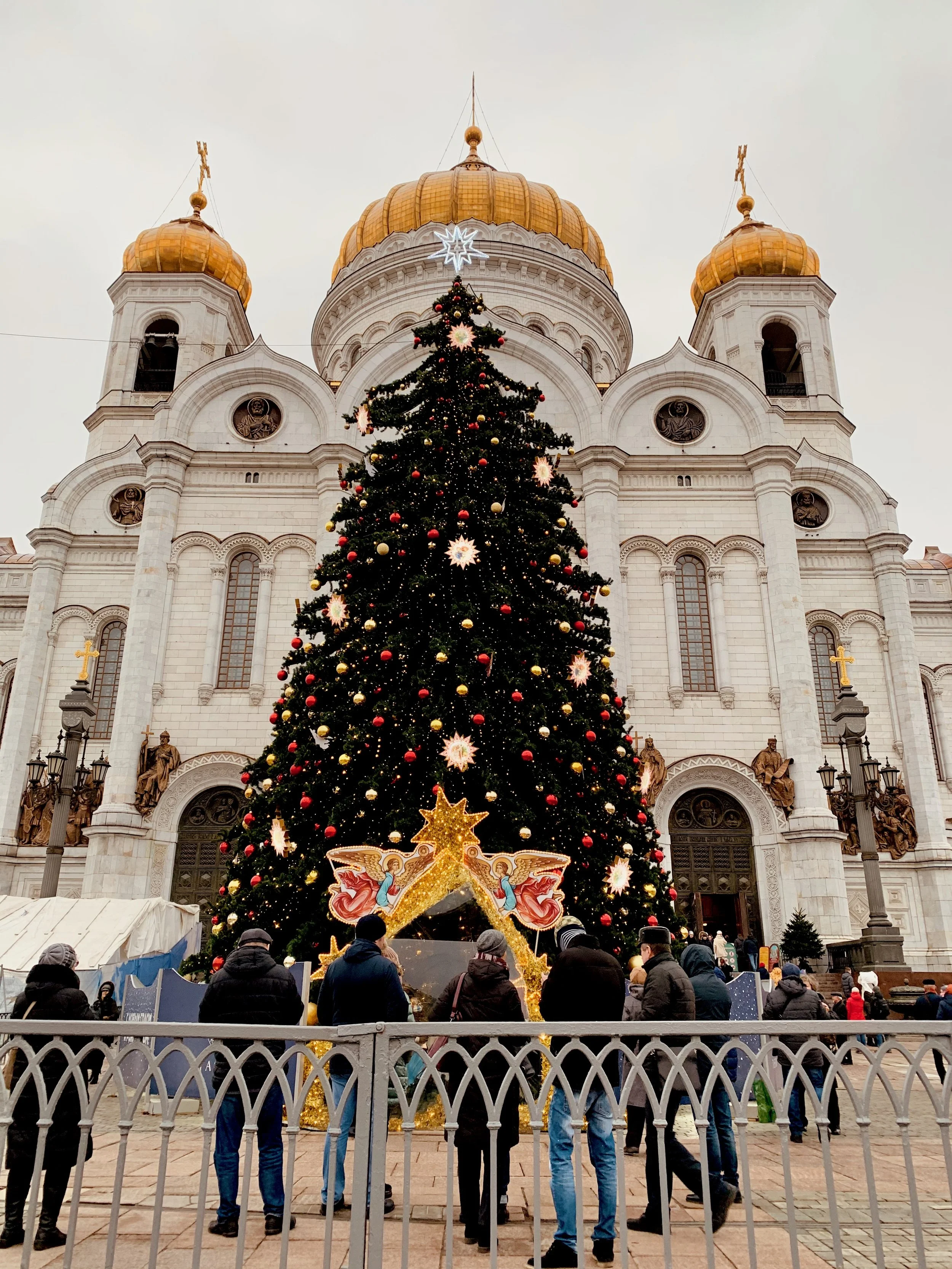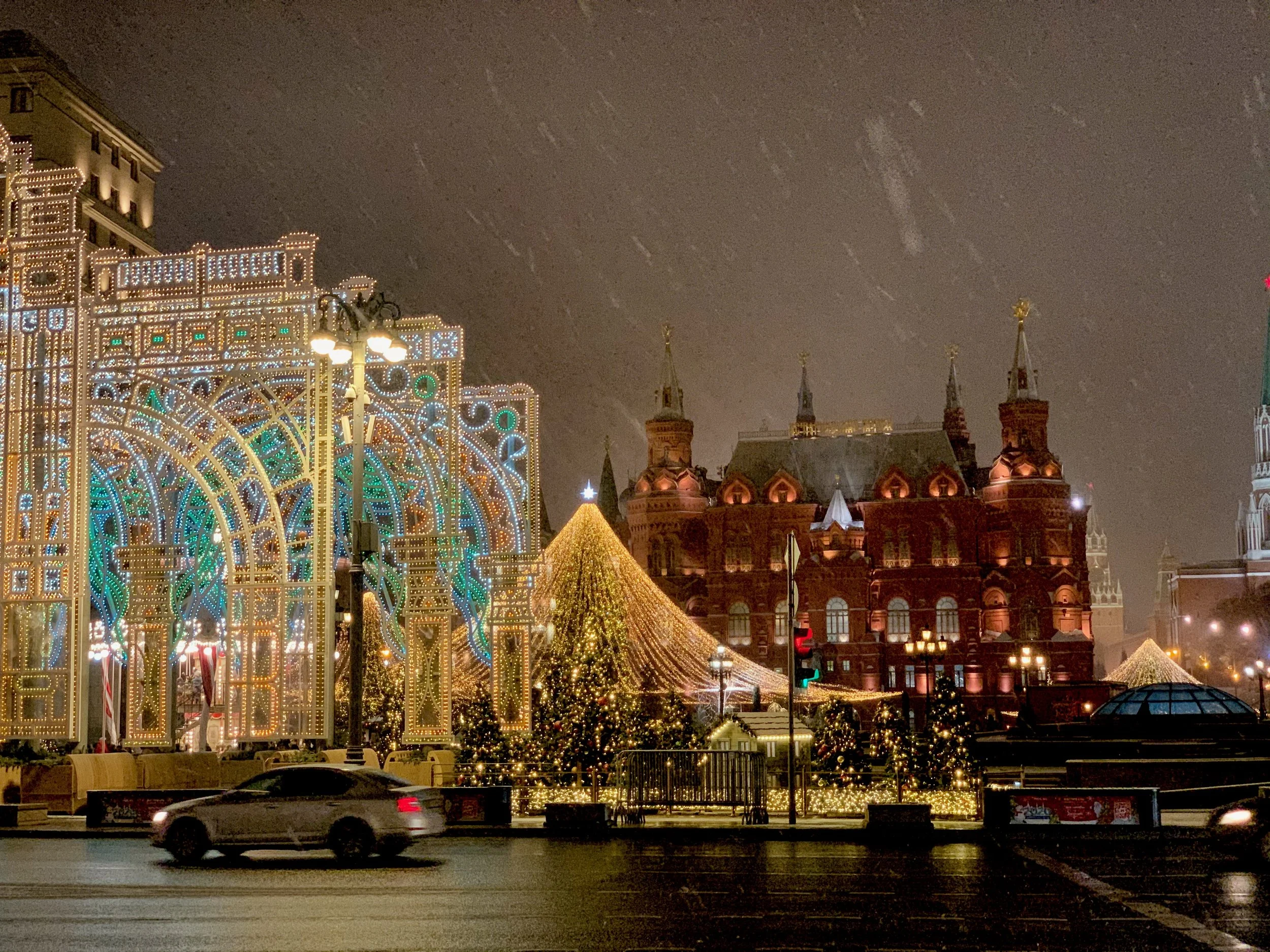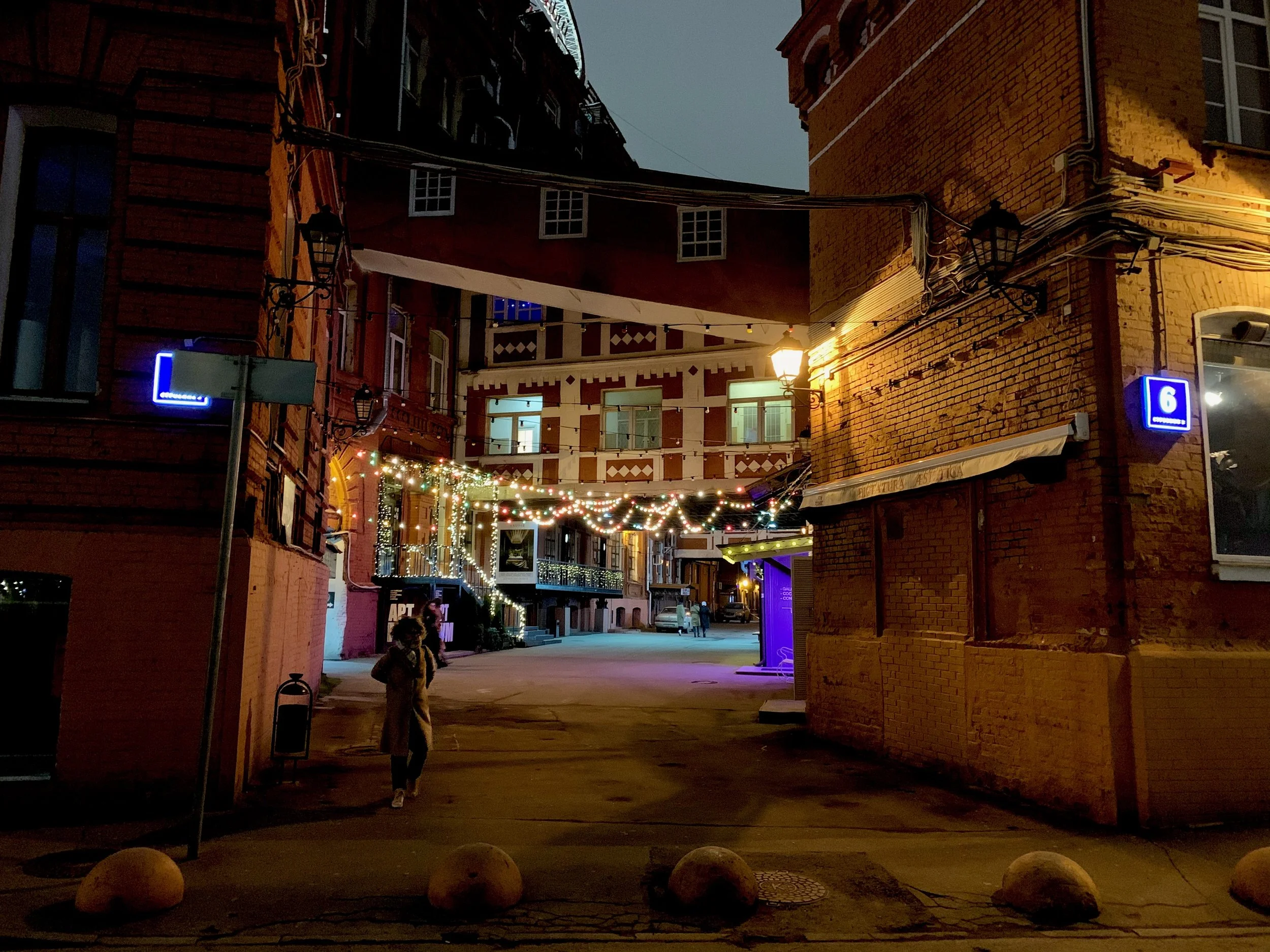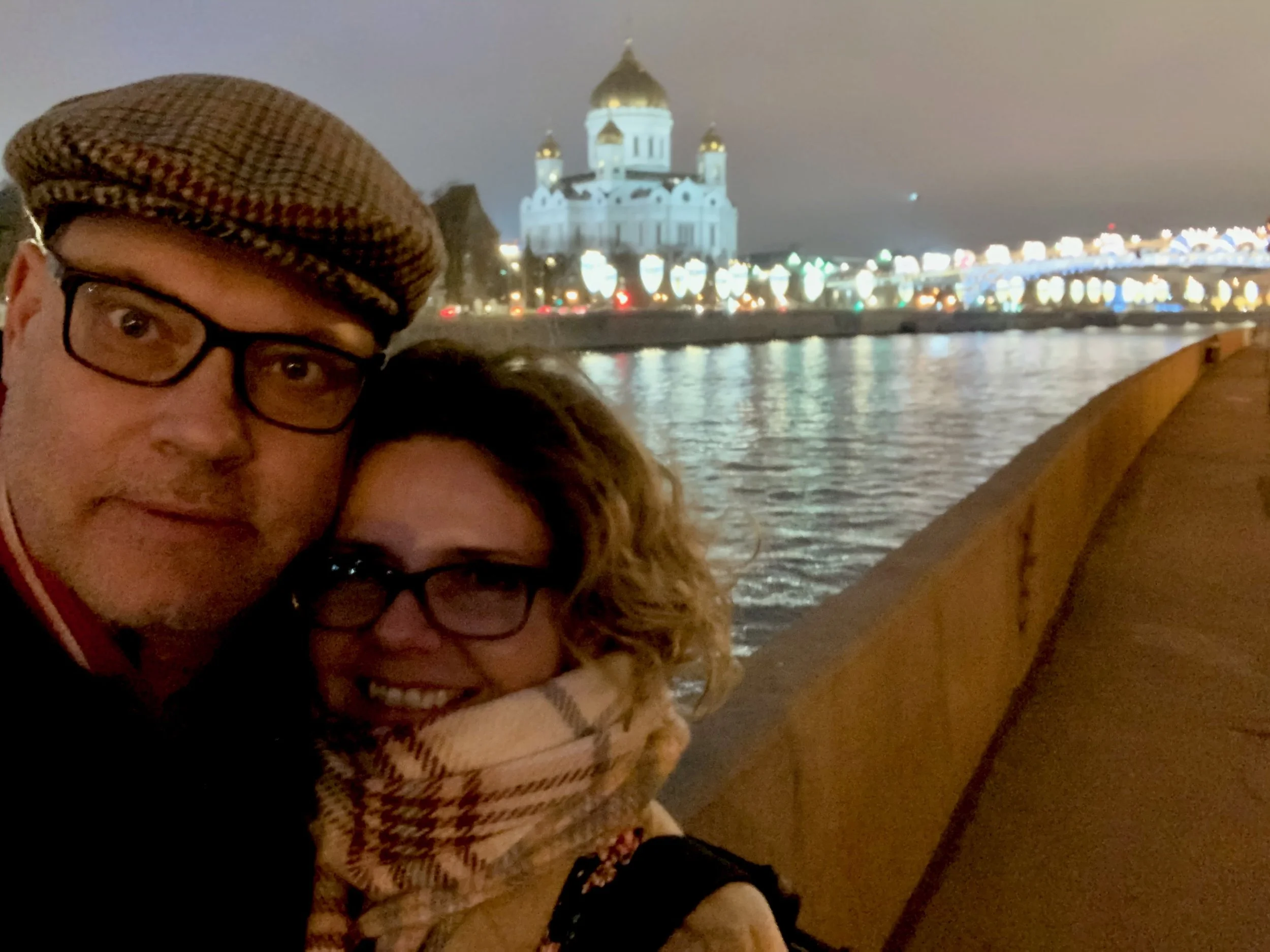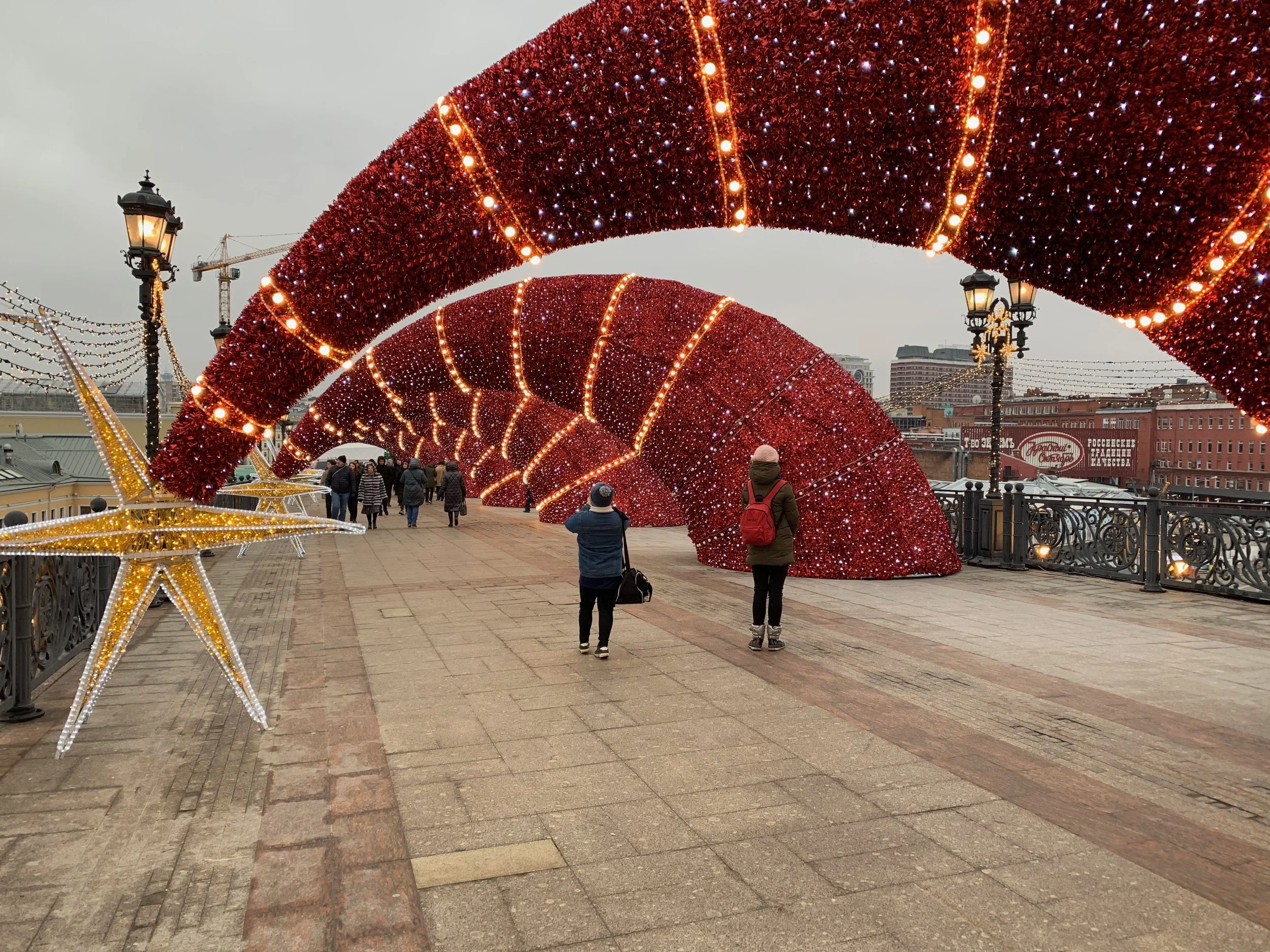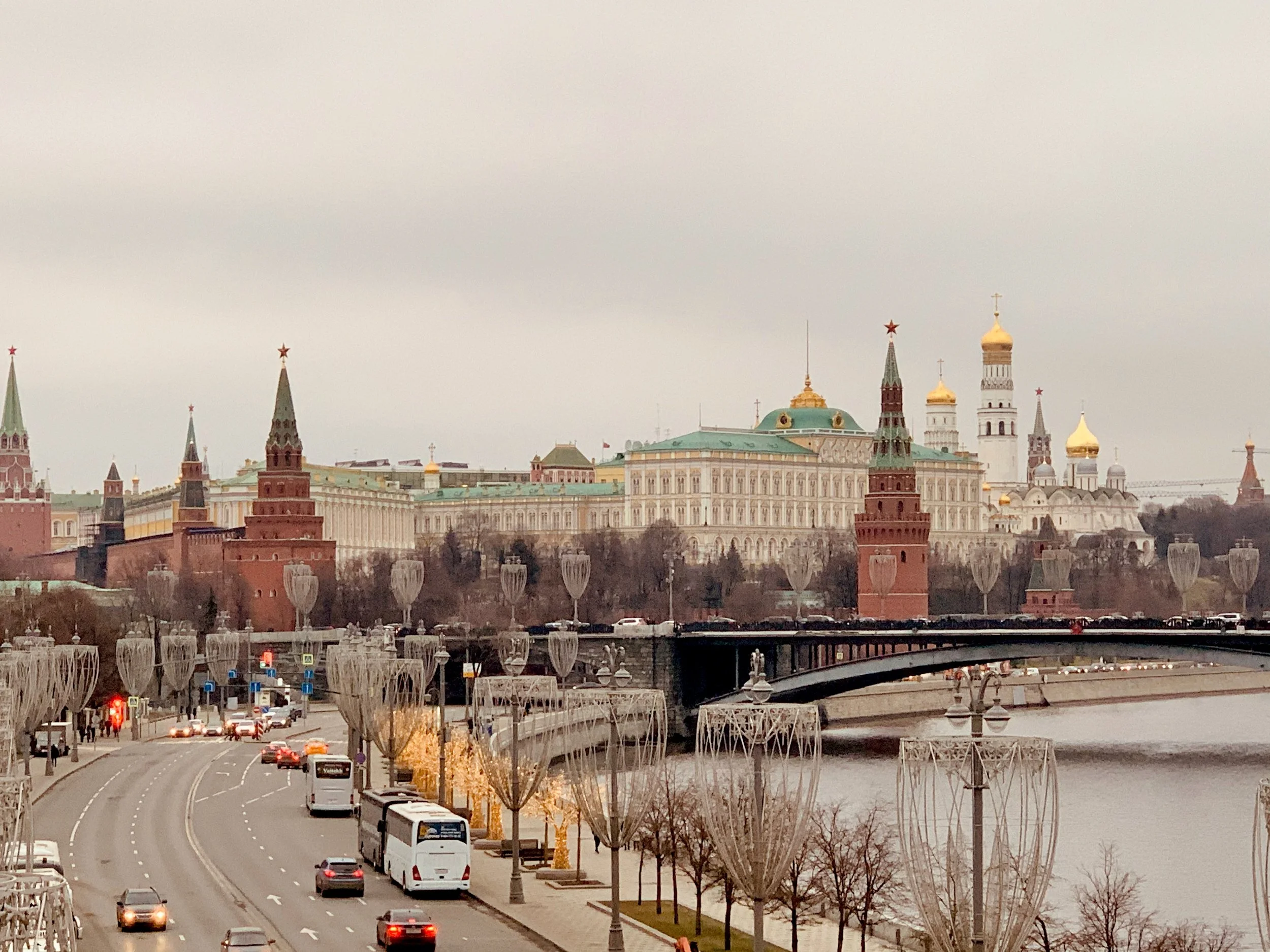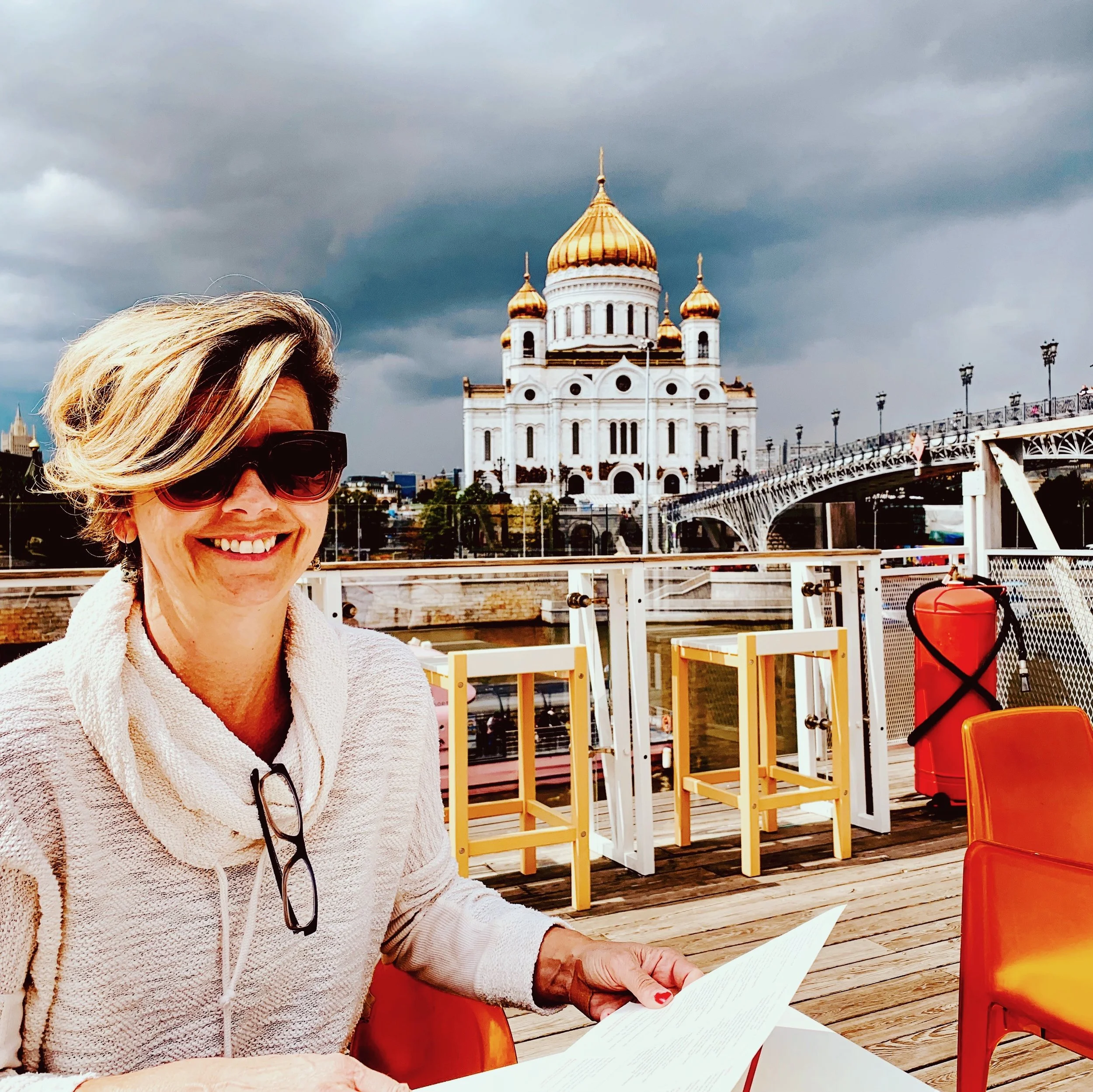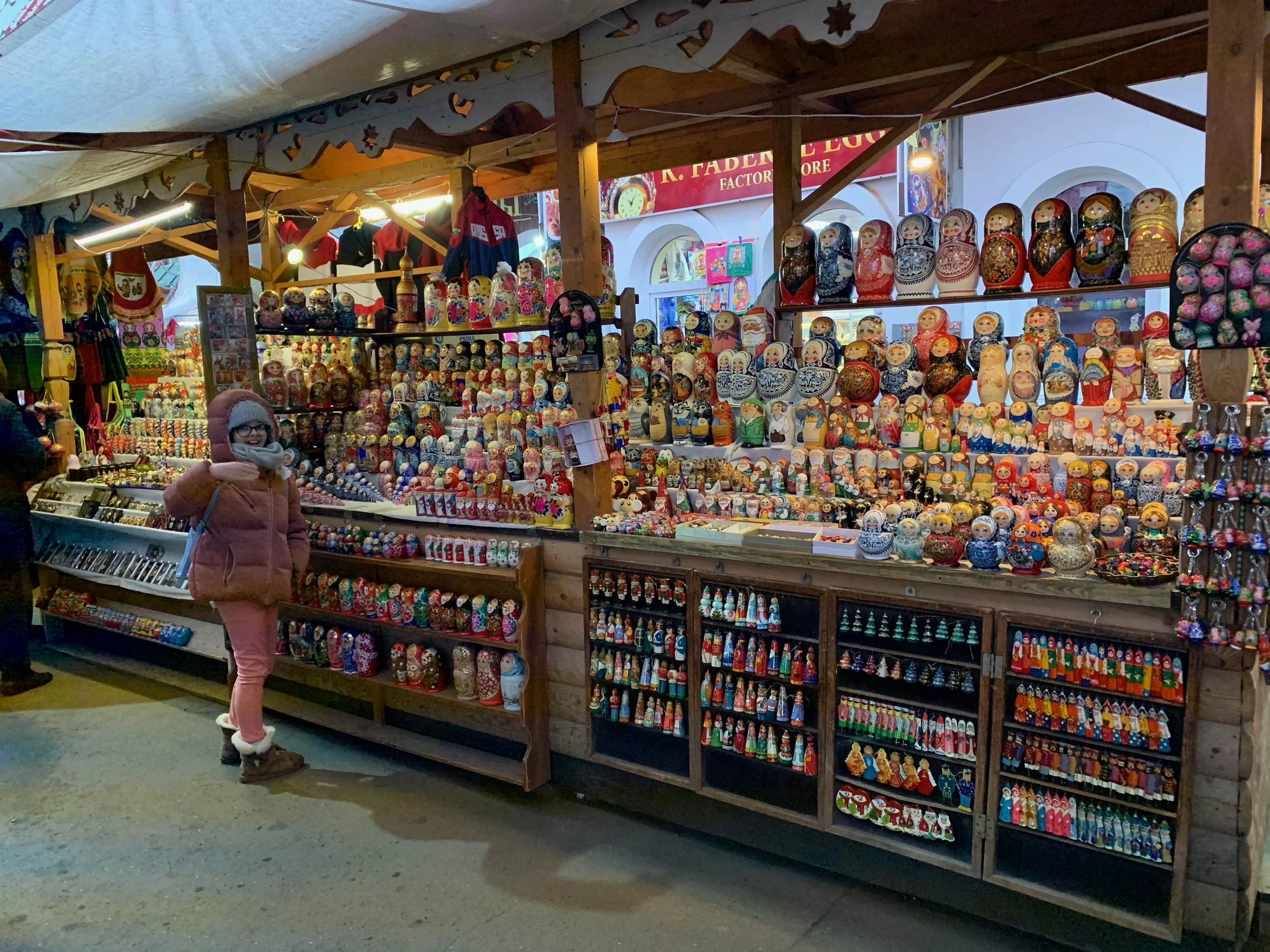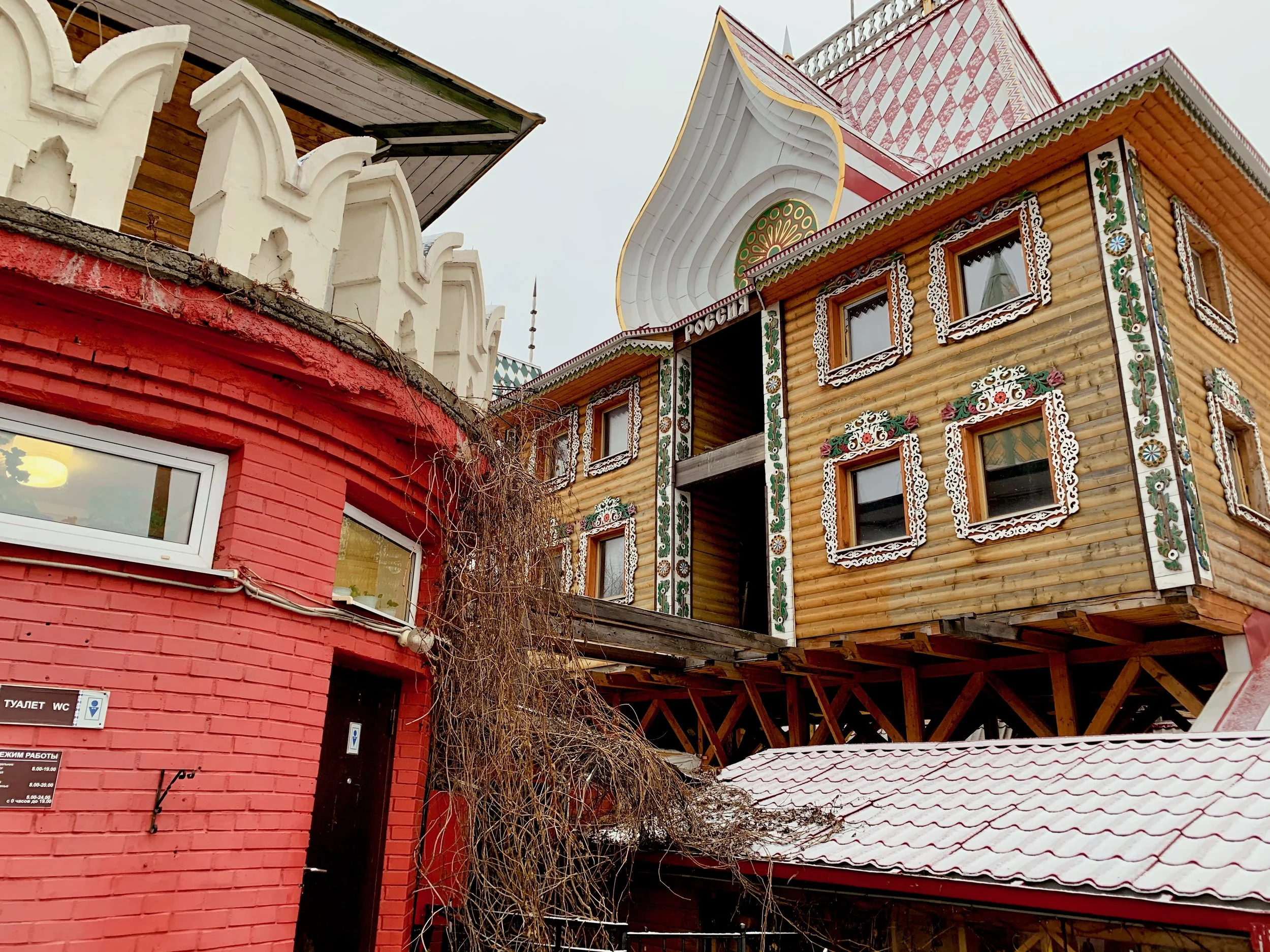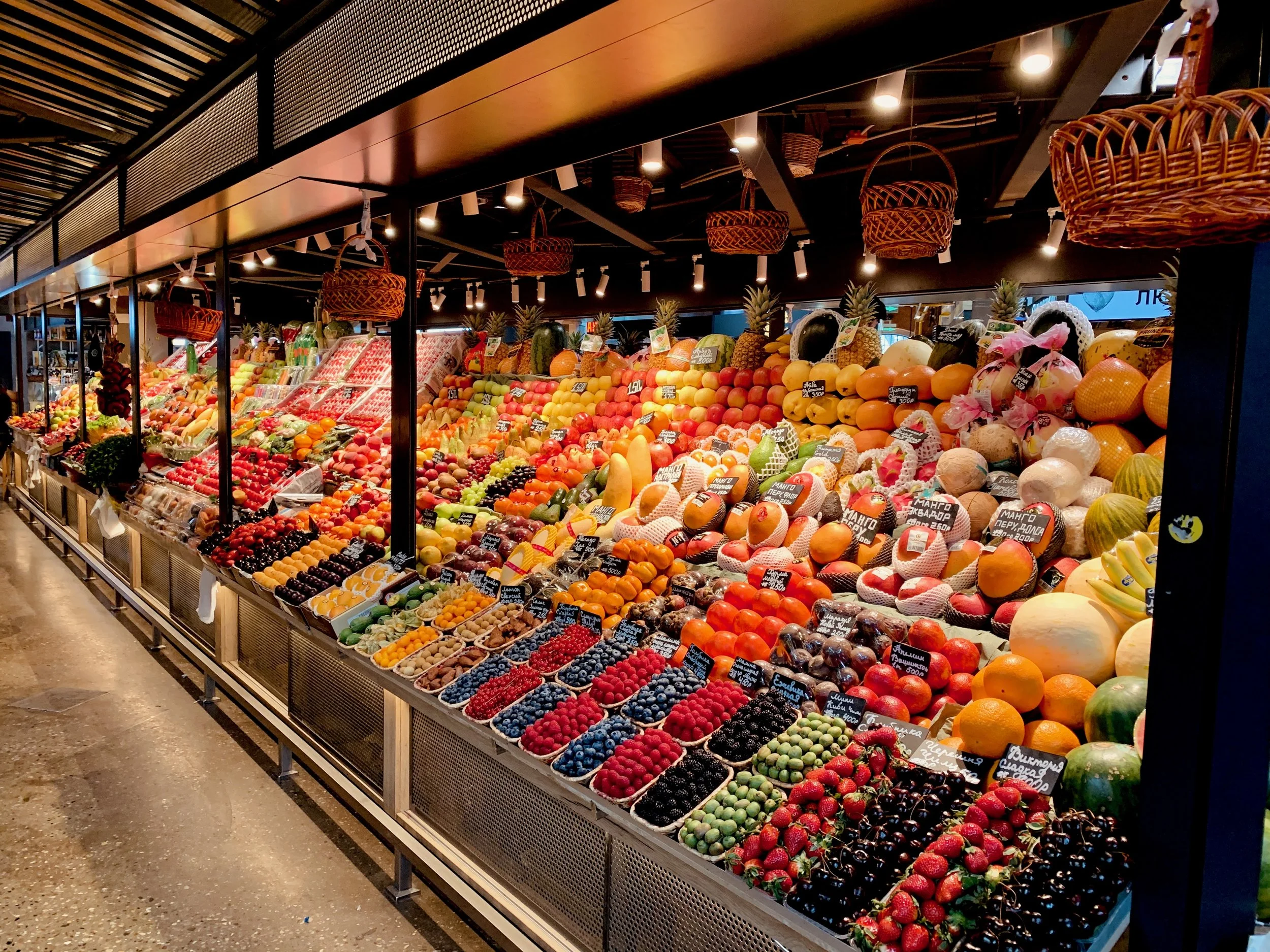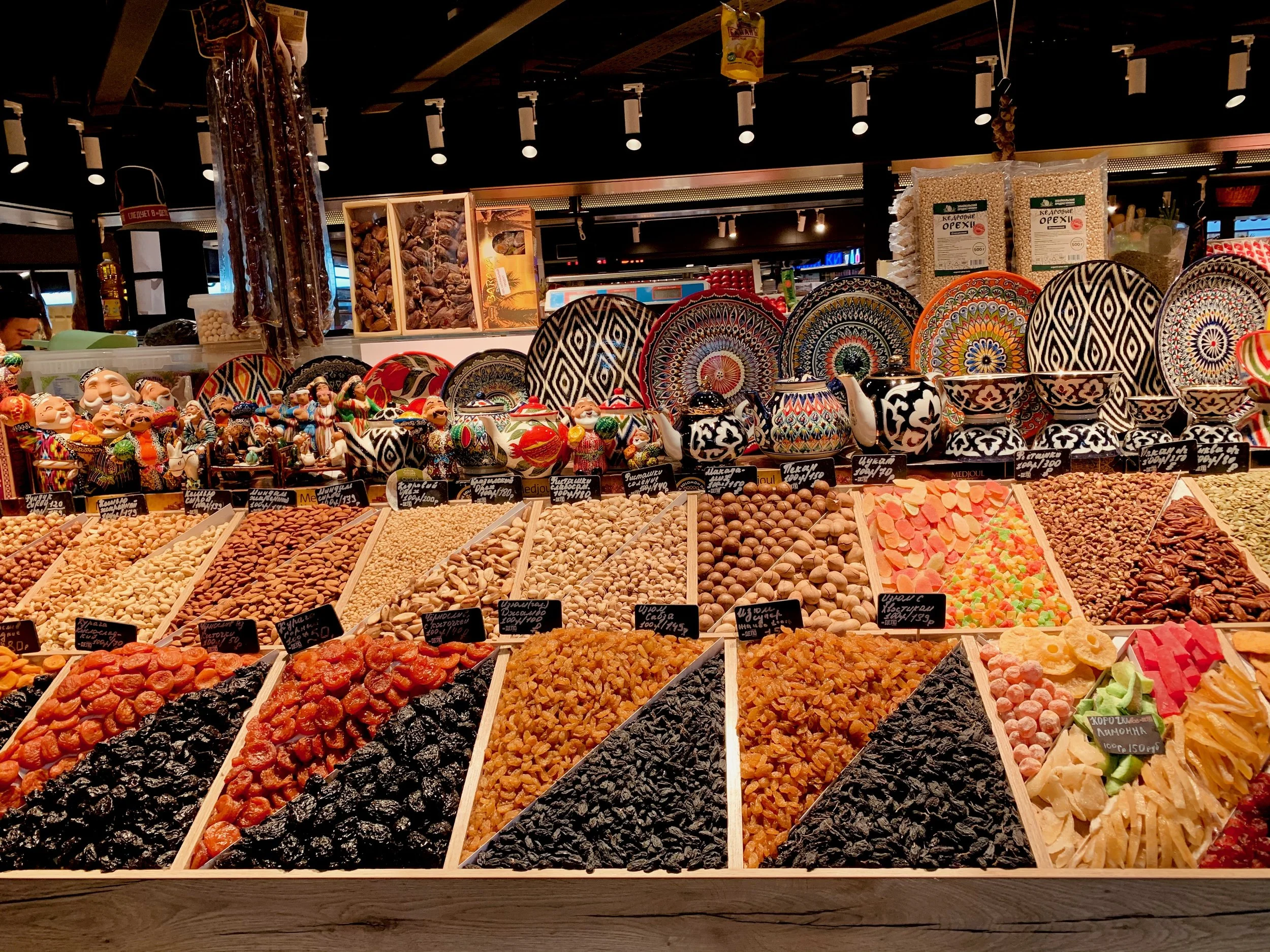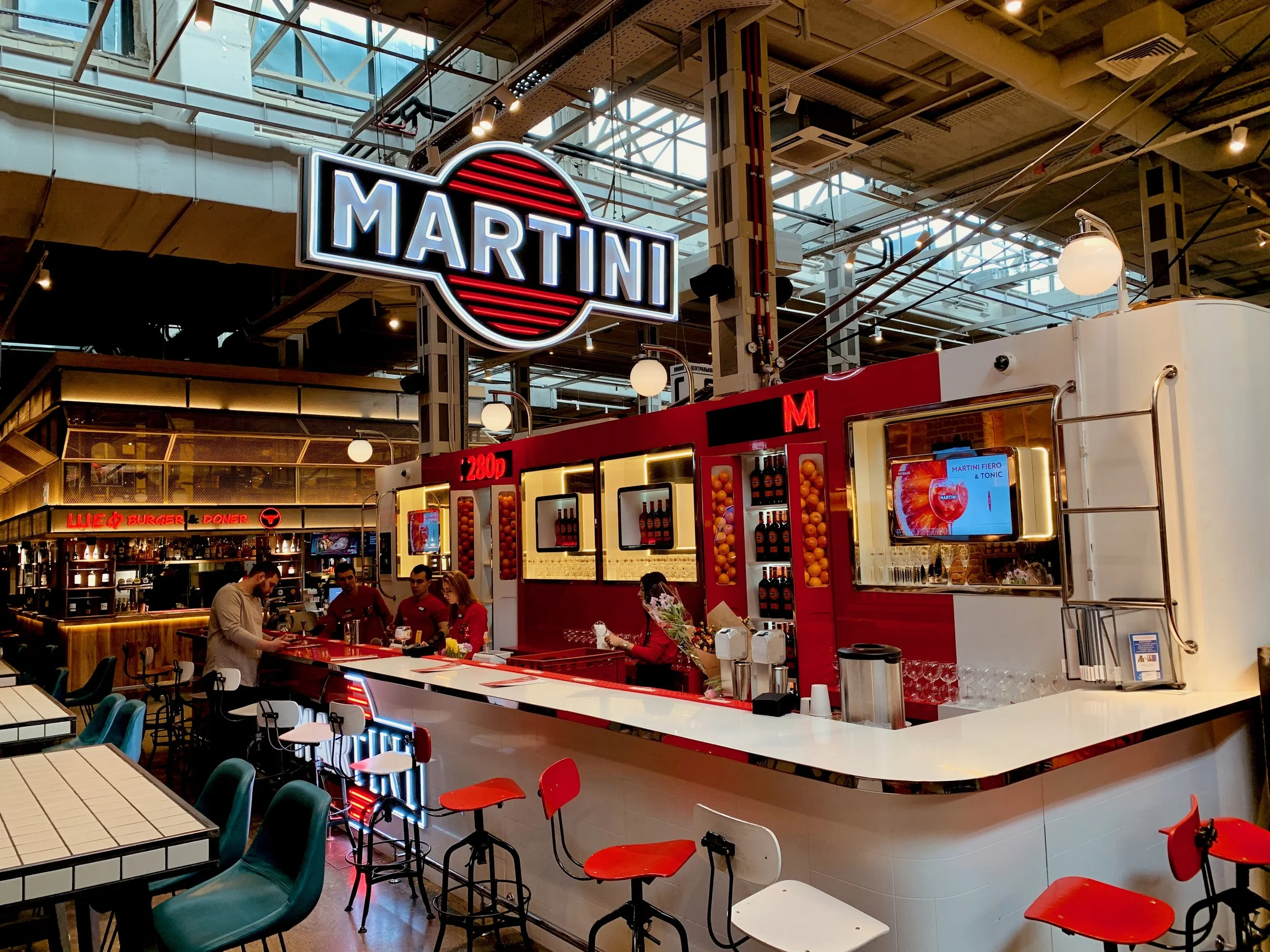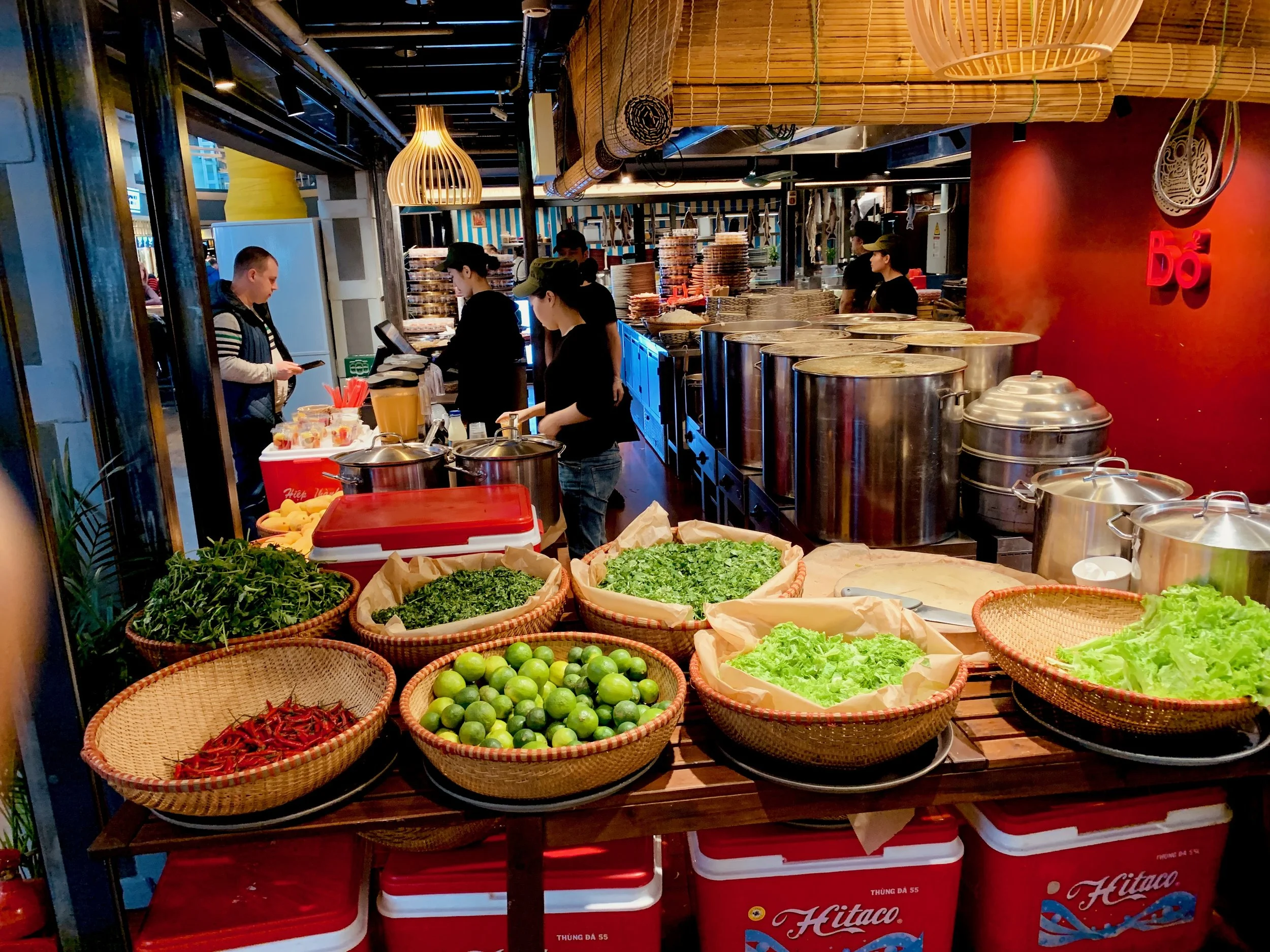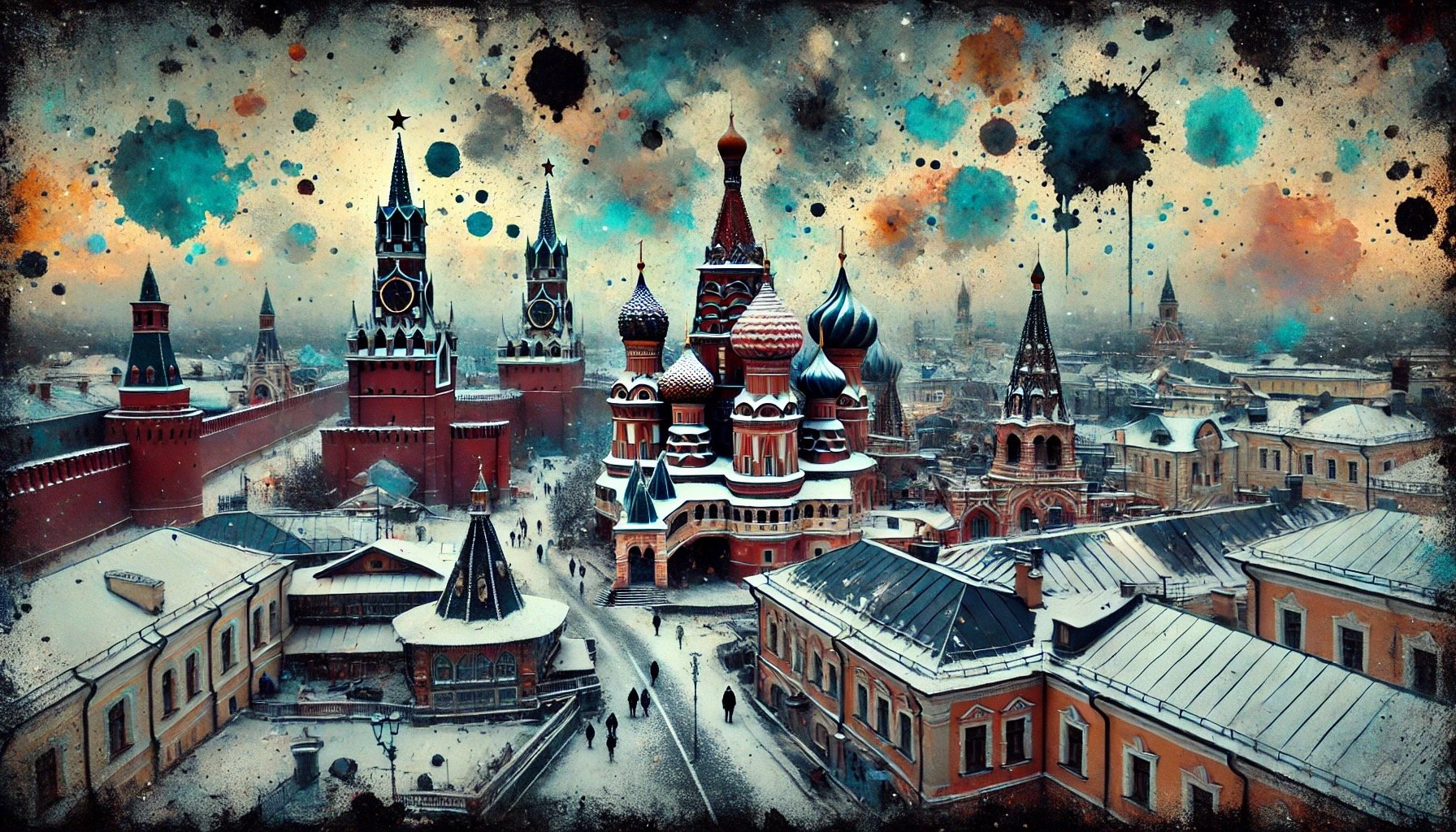
The Flea Market
The air was crisp, the kind of sharp winter sun that made the golden domes of Moscow shimmer like fire. Judd, Cindy, and Ava stood just outside the gates of Izmailovo, wrapped in scarves and conversation, soaking in the sheer whimsy of the place. Andrei, their driver, had dropped them off and they agreed that they would find their own way home.
“This doesn’t look like a flea market,” Ava said, eyes widening as she took in the colorful towers and turrets rising above the snowy paths. “This looks like a Disney castle met a vodka distillery.”
Cindy laughed. “That’s because it was a palace. Sort of.”
Izmailovo Market wasn’t just a market. It was a surreal, neo-fantasy complex built to resemble a fairytale fortress, modeled after Tsarist-era architecture. Originally inspired by the nearby Izmailovo Estate—once a Romanov summer retreat—the sprawling space had morphed over the decades into one of the most eclectic and charming markets in Eastern Europe.
Inside its whimsical wooden walls, the trio found a labyrinth of stalls and narrow alleys, bursting with color, character, and the scent of grilled meat, old wood, and strong tea.
Everywhere they turned, treasures waited to be discovered. Soviet memorabilia stacked like museum exhibits. Ink-smudged posters of Gagarin and Olympic bears. Silver samovars polished to a soft gleam. Tables overflowing with carved wooden toys, vintage cameras, brass binoculars, lacquer boxes, fur hats, and forgotten medals.
Judd lingered at a table stacked with antique propaganda posters, his eyes scanning the faded reds and golds.
“Look at this,” he said, holding up a 1961 poster of a cosmonaut flying toward the stars. “Hope and fear, all wrapped in one image.”
He bought three—one for his office, one for his collection, and one he didn’t explain. He quickly walked past the dealer in Soviet Deep Sea Diving equipment, making a mental note to come back another day. That 3-bolt diving helmet and suit caught his eye. Reminding him of deep aquatic missions from the past.
Cindy, meanwhile, haggled with a smiling Uzbek man over hand-carved wooden bowls painted in rich earth tones. She added a set of vintage matryoshka dolls to her bag, each one painted with haunting precision, a family of faces frozen in time.
Then she stopped dead in her tracks.
“Oh my god,” she whispered, eyes locked on a stall draped in carpets—deep reds, earthy ochres, and rich indigo threads woven into impossible geometry.
“Afghanistan,” the vendor said, recognizing the gaze. “Caucasus. Dagestan. Old ones.”
Cindy crouched, running her hands along the fibers with the kind of reverence Judd reserved for rare intel. “I’m coming back,” she said, seriously. “I want three. Minimum.”
By the time they left Izmailovo, their arms were full, their cheeks flushed, and Ava was already halfway through a bag of roasted chestnuts.
“I thought spy work was addictive,” she grinned. “This might be worse.”
They took a cab into the heart of the city for lunch, stopping near the majestic Cathedral of Christ the Saviour. Towering above the river with its gilded dome gleaming against the winter sky, the cathedral’s story was as grand as its silhouette.
Built in the 1800s to commemorate Russia’s victory over Napoleon, it was destroyed under Stalin’s orders in 1931, replaced with plans for a massive Soviet skyscraper that never materialized. For decades, it was nothing but a public swimming pool. But in the 1990s, the cathedral was painstakingly rebuilt from the original plans—an act of resurrection on sacred ground.
They admired the white stone façade and the golden dome before ducking into a nearby café nestled in a quiet side street.
Ava ordered a burger—medium rare, overflowing with cheddar cheese, a rarity—and devoured it like she hadn’t eaten in days.
“After surviving a week of beet salad and pelmeni, I deserve this,” she announced between bites.
Cindy and Judd opted for warmer dishes—borscht with thick sour cream and blinis stuffed with mushrooms and cheese—while a bottle of dry Georgian red anchored the table.
After lunch, they wandered through a bustling open-air food market not far from the cathedral. Wooden stalls overflowed with fresh mandarins, glistening pomegranates, barrels of pickles, saffron honey, and wheels of cheese. The air smelled like spice and citrus, with shouts of vendors mixing into a cheerful din.
Ava bought a glass bottle of pear juice and sipped it slowly, weaving between displays of Siberian cedar nuts and smoked fish.They crossed the Moskva River on foot, the Bolshoy Kamenny Bridge arching beneath them like a frozen ripple of steel and stone. The city unfolded on both sides, domes and spires layered with history, cranes and glass towers hinting at its future.
By the time twilight slipped into the streets, they found themselves on Bersenevskaya Naberezhnaya, one of Moscow’s trendiest riverfront neighborhoods. They ducked into Bar Strelka, a stylish rooftop spot tucked away in a converted industrial space, known for its minimalist elegance, panoramic views, and smoked rosemary cocktails.
Inside, floor-to-ceiling windows framed the Moscow skyline like a living mural. Edison bulbs cast golden light on polished cement floors. A DJ spun lo-fi jazz near the bar, where the bartender stirred negronis with monk-like focus.
They grabbed a table by the window.
Cindy sipped a cocktail made with blackcurrant and thyme and leaned back with a sigh. “Best day off we’ve had in… ever?”
“Top five at least,” Judd said, swirling the ice in his glass.
Ava leaned on the table, her cheeks still pink from the cold, a bright scarf wrapped around her neck. “You know what?” she said. “I’m kinda beginning to …… like this city.”
Judd smiled at her. “Welcome to the club.”
They toasted—to Moscow, to rare peace, to each other.
Outside, the lights of the Kremlin flickered across the river, and the long shadow of the next mission loomed just out of reach.
But for now, they were here. Together. Whole.
And it was a perfect day.

